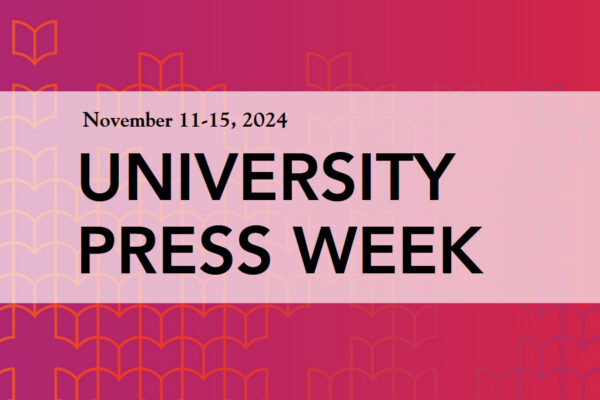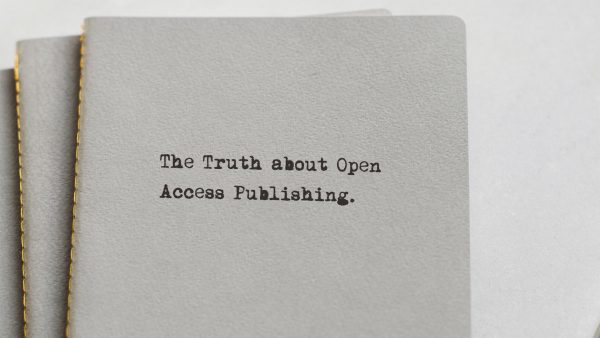AU Press is joining in on the celebration of International Open Access Week, which runs from October 25 to October 31. This year’s theme, chosen by the Open Access Week Advisory Committee, is: “It Matters How We Open: Building Structural Equity.” 2021 Open Access Week Theme to be “It Matters How We Open Knowledge: Building Structural Equity” – Open Access Week
Open access and equity
Inspired by the UNESCO Recommendation on Open Science, of which open access is a key component, this theme seeks to put a spotlight on the importance of equity in pursuing a future of scholarship that is open by default.
Athabasca University Press is committed to the principles of open access and has been an active proponent of this model since its founding in 2007. Our publishing model allows us to remove barriers to knowledge and increase access to scholarship by making all our publications freely available to a global readership at no cost.
But as this year’s theme acknowledges, the open access movement has matured beyond an initial focus on the cost of gaining access to scholarship toward a further probing of barriers to access too often overlooked.
As an open access publisher, we too have been actively working on the “access” question of “open access” since 2019—broadening our understanding of the principles of accessible publishing and implementing a workflow that ensures all future AU Press publications are born accessible.
What is accessible publishing?
Accessible publishing is the creation of publications that offer a flexible user experience: one that enables readers to access and manipulate content with ease. EPUB3 (an ebook file format) is the format that developers have been using to advance the functionality of ebooks and meet the demands of a variety of users and readers.
For the last two years, we have been systematically upgrading our backlist to this accessible format and implementing these standards for all our published books.
We have aligned our efforts with the latest EPUB standards designed to meet Web Content Accessibility Guidelines (WCAG). We have worked with Benetech on training and certification and the National Network for Equitable Library Services on reviewing some of our ebook files and assisting with the upgrading of our backlist. Other important partners have been Canadian Heritage, the Association of Canadian Publishers, and the Book Publishers Association of Alberta. All of these organizations understand that making material accessible requires an investment of time and resources and their partnerships have been invaluable in our pursuit of making born accessible books.
Why we want to make accessible books?
We are nearing a production workflow that will result in born accessible books and proud to say that we are working toward certification with Benetech, a designation that has so far only been granted to nine publishers world-wide.
According to the Canadian National Institute for the Blind, our accessible books have the potential to reach the more than 3 million Canadians that have a “disability that makes it difficult or impossible to read conventional print.”[1]
We will continue to expand our open access mandate toward different forms of access in the years to come and we look forward to seeing the impact of this work and the work of many other open access publishers and organizations that seek to establish structural equity through careful analysis of processes, actions, and systems.


